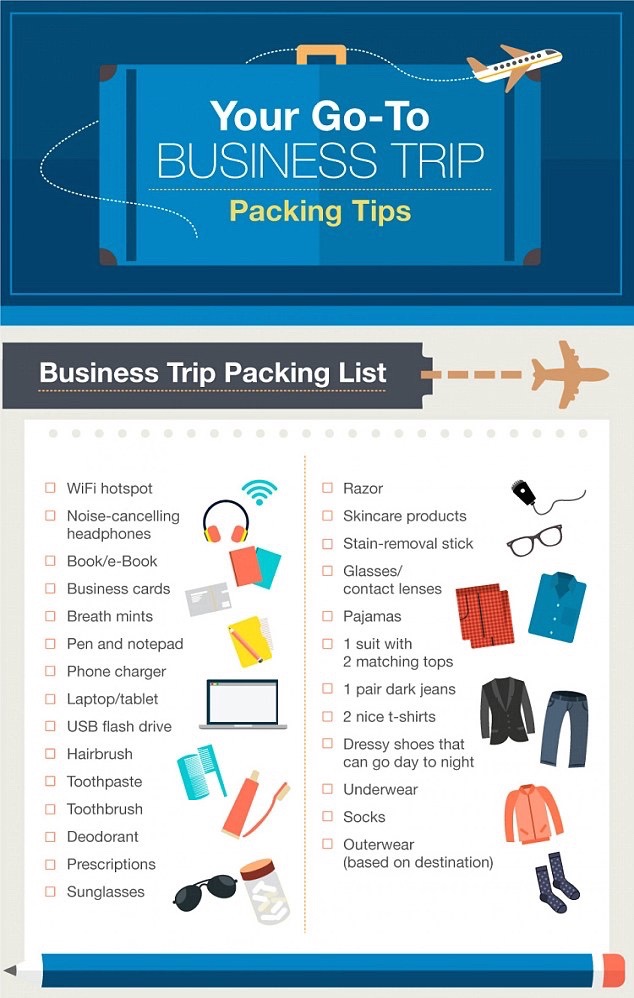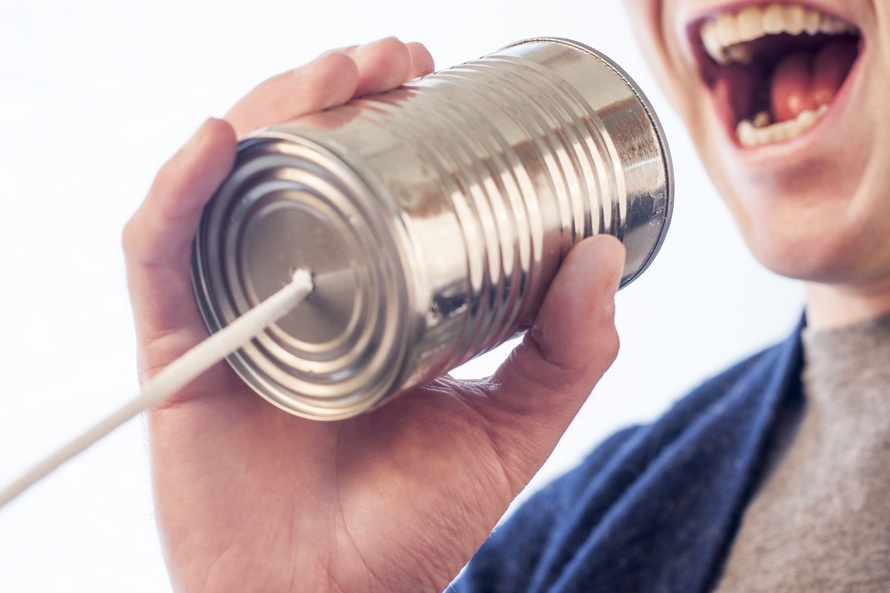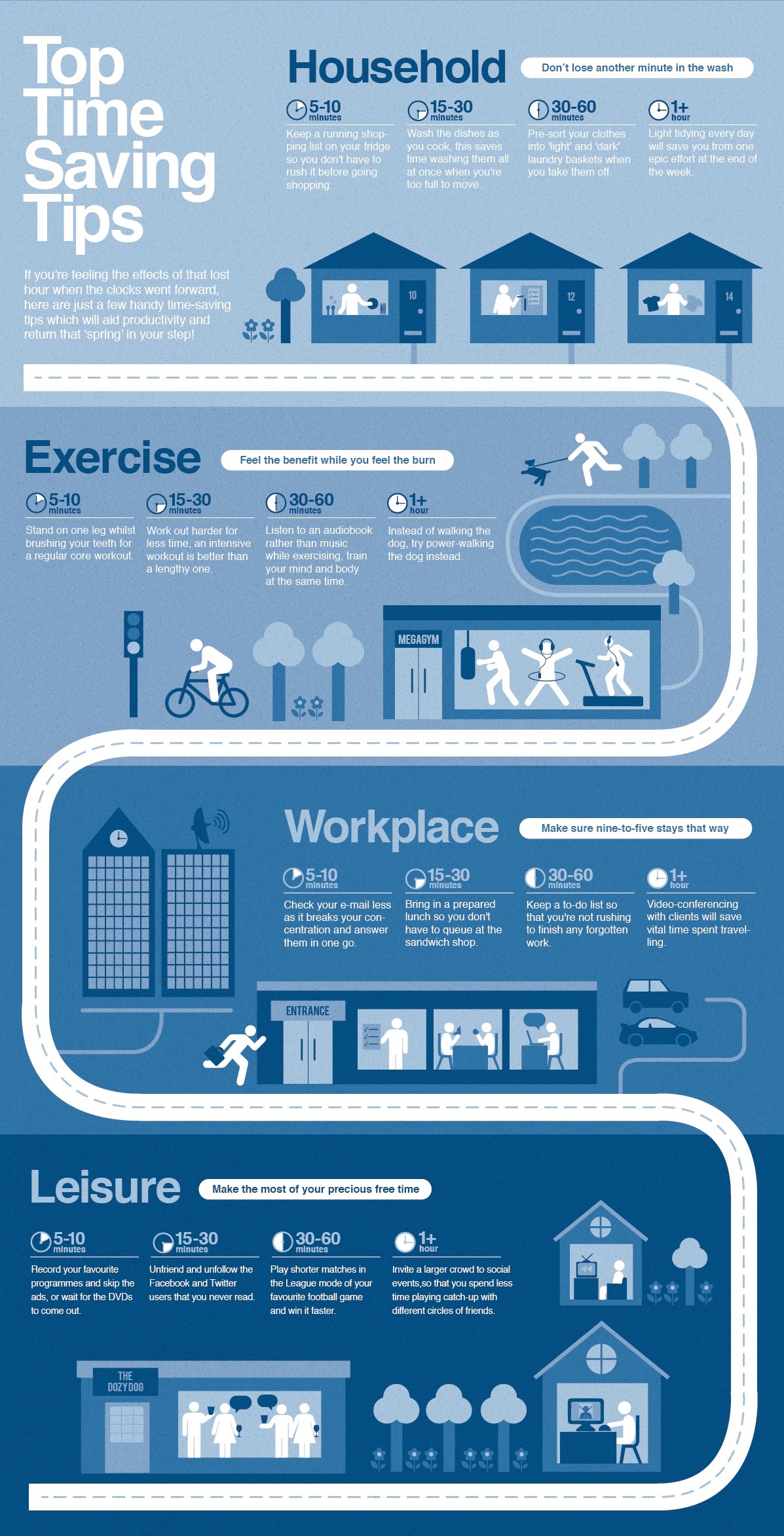A launch party is the perfect way to highlight your client’s new product or introduce your event planning business to clients and your supporters, so how do you make it memorable?
When you plan a launch party it’s more than hiring a venue and working with a caterer to make sure the right food is served.
When in the planning phase, it’s essential to decide what you must have at your party, what is nice to have and what you can do without.
Here are 10 tips to plan a launch party:









